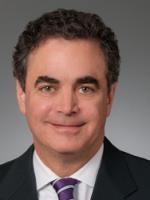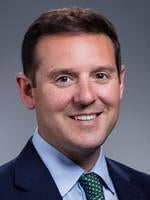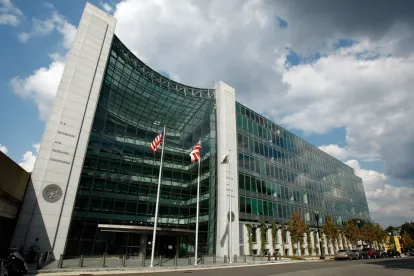SEC Speaks, the annual PLI conference that gives practitioners the chance to hear directly from SEC Staff, was held on October 8 and 9 in a virtual setting. While the conference (like everything else) felt a bit different this year, it still provided practitioners the opportunity to hear directly from the SEC Staff regarding past achievements and new priorities.
On the priorities front, the Staff provided some insight on where it is headed in its new fiscal year in the private fund space. The following are the key takeaways.
Office of Compliance Inspections and Examinations (OCIE)
The OCIE Staff was clear in stating that it would continue its efforts to examine a significant sample of private funds in both routine and cause exams, leveraging its dedicated unit that supports regional exams of such funds. In doing so, Staff communicated that it will focus on both “bread and butter” topics as well as those resulting from the pandemic’s market disruption. Such topics will include:
-
Proper disclosure of conflicts of interest regarding fees and expenses;
-
Controls surrounding the use of material nonpublic information (MNPI);
-
Improper allocation of investment opportunities among clients (i.e., cherry picking);
-
Inaccurate allocation of fees and expenses in a manner inconsistent with disclosures;
-
Deficiencies in Code of Ethics;
-
Whether funds with an ESG (environmental, social, and governance) strategy are investing consistent with that strategy;
-
Liquidity events experienced by firms; and
-
Valuation of those fund holdings negatively impacted by the pandemic (e.g., real estate, energy, asset-backed securities).
Division of Enforcement
Interestingly, and in what perhaps can be taken as good news, the Enforcement panel made no real reference to future efforts geared towards advisers of private funds. But, given OCIE’s exam priorities, we can likely expect Enforcement Staff to continue opening investigations in this space based upon OCIE referrals.
Accounting
This panel drew from the SEC’s Office of Chief Accountant as well as the Office’s liaisons from each division, including the Division of Enforcement and the Division of Investment Management. As such, a portion of the discussion was dedicated to accounting issues relating to funds.
These issues included the proposed rule relating to an investment company’s valuation practices, the comments on which are currently being reviewed by the Staff. In describing the framework provided under the proposed rule, the Staff highlighted its requirements to adopt valuation policies and procedures, Board participation in fair value determinations, and the ability to use third party consultants to help with such determinations. Although not applicable to private funds, this proposed rule provides insight on how the SEC Staff will assess private funds’ valuation controls going forward.
Additionally, the panel discussed the SEC’s rulemaking proposal regarding the simplification of the independence rules. In discussing the now final rule and its narrowing of the definition for “investment company complex,” the panel stressed more than once that auditor independence is a shared responsibility between fund boards, management, and the auditor. Such comments signal the Staff’s view that funds should have a good understanding of the services provided by their audit firm within their investment company complex and an understanding of the services’ impact on auditor independence.
Despite the technical glitches relating to SEC panelists presenting virtually and, in many cases, from their homes, SEC Speaks provided helpful nuggets on areas in which the Staff will focus in the fund space in its 2021 fiscal year. Fund advisers, compliance officers and management will be well served to keep such priorities in mind as they draft disclosures and prepare for future SEC exams.








 />i
/>i

